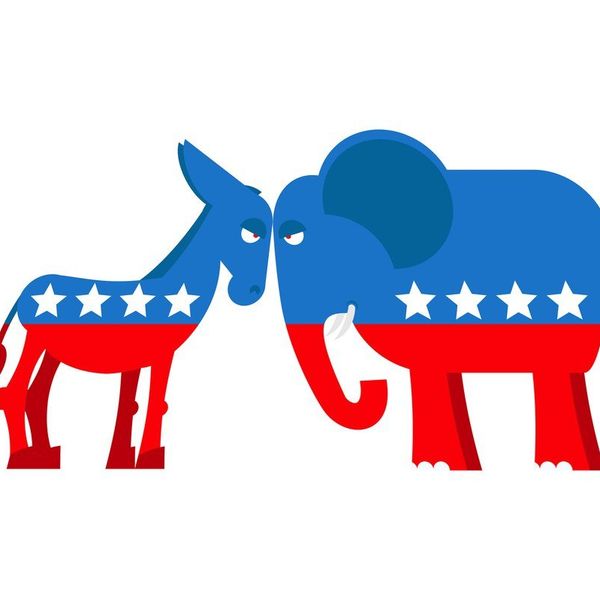Ever since I was little, debating holds a special place in my heart. If I were asked to state an interest which defines me, no doubt it would debating. Debating puts me at peace, and I enjoy fighting for a cause or a belief, be it good or bad.
My incredible passion for defending a cause is deeply connected to my childhood, and the circumstances I grew up in. I was just a small child when I trudged into my school in Pakistan, where military trained snipers stood around the campus. They were on the roof, overlooking the distance for any suspicious activity, and some were helping to establish sand and cement barriers while others uncoiled the barbed wire around the fence. My blood ran cold: I had never been exposed to real guns before, just the ones in the movies. I still remember watching the rising death count of people who were assaulted by the Taliban, and trying to see the bodies of the deceased in order to see what all the fuss was about.
These episodes occurred in a series of events throughout my childhood; but, why? Throughout witnessing the bloodshed and insecurity within the nation, all I could ask was “why?”. I wondered, “Why would someone affect his or her own people like this?”, “Why aren’t we working together?”. Every single time I asked, I’d be shunned by my peers and my colleagues for they did not know the answer. Forced to conceal my feelings, I’d often get into arguments for questioning mainstream logic. These arguments helped in sculpting my mindset, helping me speculate problems in a variety of ways. I thirsted for the answers to these incidents on a local and global scale. As a result of my views and my affection for debate, I joined Model United Nations. MUN serves as a platform for me to increase my exposure to conflict, not only allowing me to ponder, but to also serve as an answer rounding global incidents. Through this extracurricular, I have been able to discuss and debate to different issues from varying perspectives.
Model United Nations is a platform for me to express my emotions on a variety of topics, ranging from LGBT rights in Saudi Arabia to the Women’s Rights in South Asia. This organization answers a main question I have about people who commit heinous crimes against crimes: they do it out of self-reliance as each country is dependent on themselves, only acting and reacting in situations that can either prove beneficial or harmful for them. MUN assists me in a lot of different ways. including my confidence in public speaking. Before MUN, I barely spoke before a small crowd of peers. Now, I give speeches and make resolutions with people I have never even met before. It allows me to travel to different countries and meet with people from different nations and cultures, and I am able to see how those aspects influence their views on the variety topics we discuss at the conferences. Different cultures always have varying opinions on crises. For example, my view of the Cold War is different of that of a Russian, and it helps to shed light on their perspective thus broadening my mindset.
My passion for questioning motives behind any crisis is a driving factor for my participation in MUN. It allows me to answer my own questions surrounding the topics of corruption, violence and bloodshed in the world, and bringing me a step closer to understanding global politics. I aim to establish an even deeper connection with this field through my four years of study at college and during my pursuit for post-graduate studies, for I want an answer.











































